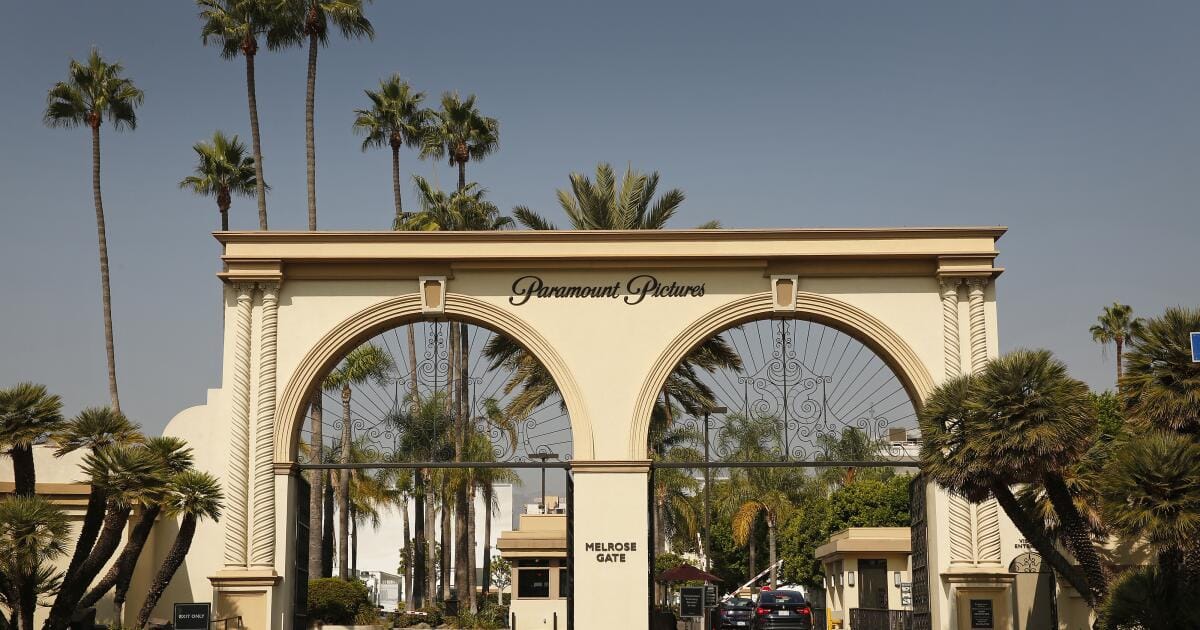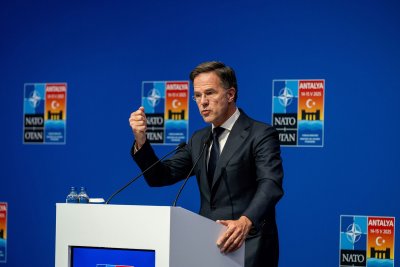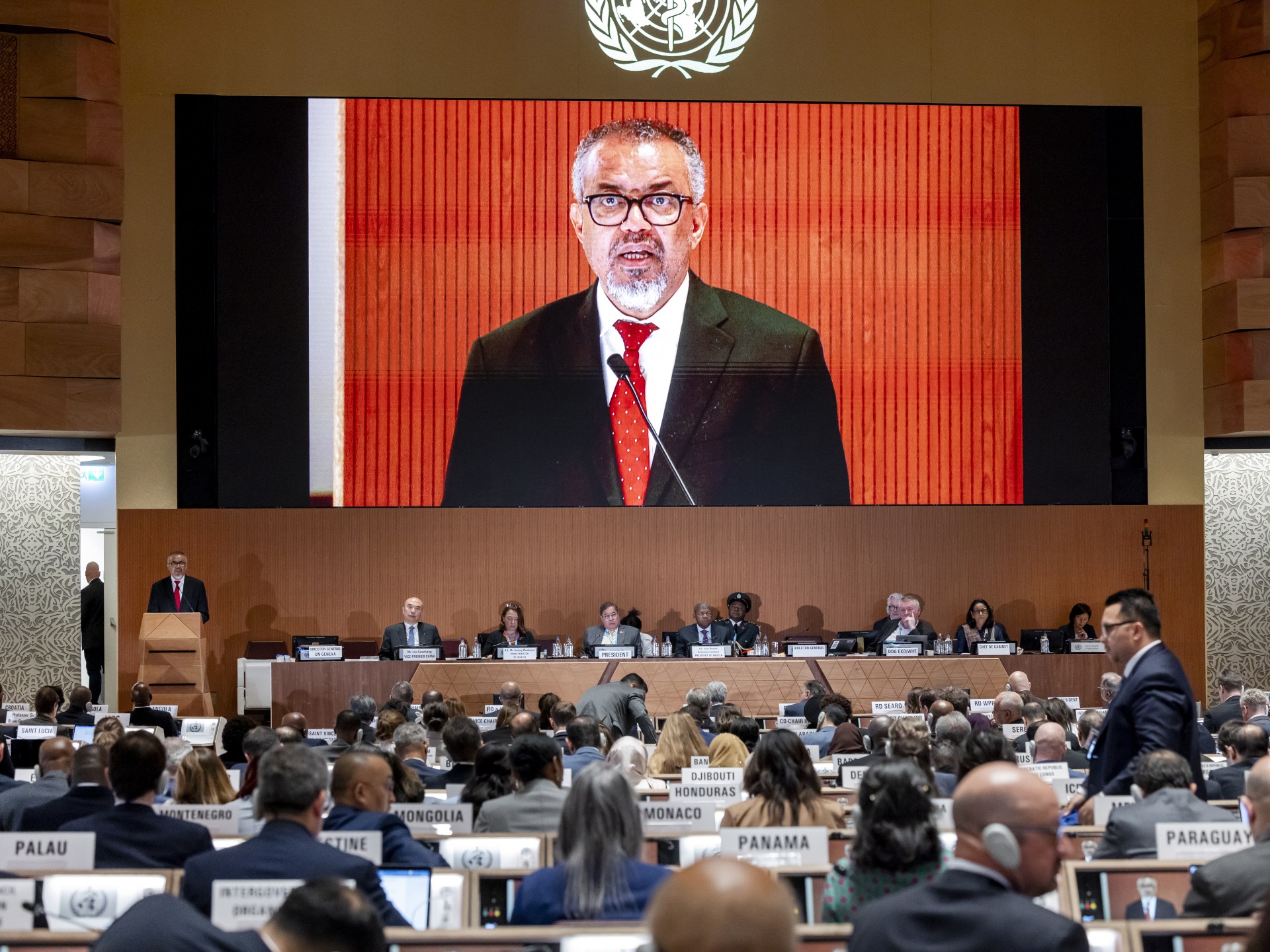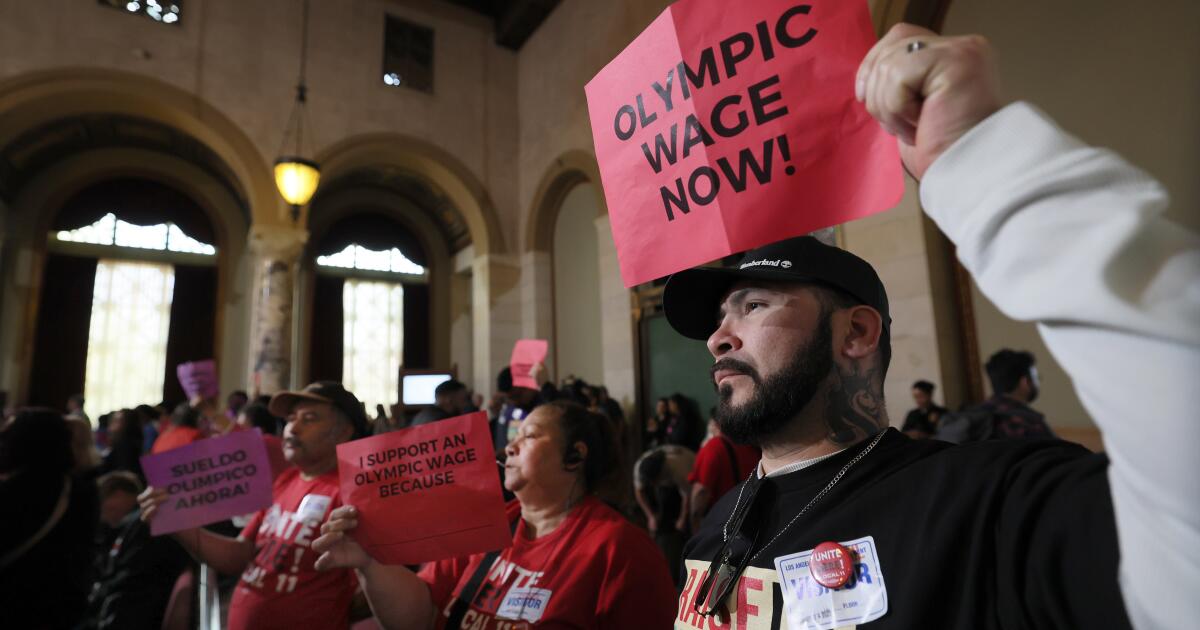Paramount adds three new board members amid Trump troubles and FCC review
With its sale to Skydance Media still beyond its reach, Paramount Global has nominated three new directors to bolster its small board, which has been racked with drama and churn since early last year.
The debt-laden New York-based company currently has only five board members, including controlling shareholder Shari Redstone, who serves as chairwoman. The Redstone family holds nearly 77% of Paramount’s voting shares, giving the heiress tremendous sway.
In a proxy filing Monday, Paramount asked shareholders to elect seven directors at its July 2 annual meeting. The slate includes Redstone and three recruits: attorney Mary Boies (a member of the firm led by her husband David Boies); Silicon Valley venture capital executive Charles E. Ryan ; and former Massachusetts trial court judge Roanne Sragow Licht.
In addition to Redstone, three longtime board members — Linda M. Griego, Susan Schuman and Barbara M. Byrne — will stand for reelection.
Board member Judith A. McHale has decided to step down.
The company has grappled with a series of setbacks since it announced its sale to tech scion David Ellison’s Skydance Media last July.
The company took a $6-billion write-down on its cable television networks business, in yet another sign that Hollywood is reckoning with the ongoing deterioration of the traditional television business.
Leading independent director Charles Phillips left the board in October. His exit came six months after three other directors — Rob Klieger, Nicole Seligman and Dawn Ostroff — abruptly departed as the panel was struggling over terms of Redstone’s planned Paramount sale.
In late October, President Trump filed a lawsuit in Texas over his dismay with edits of a “60 Minutes” interview of then-Vice President Kamala Harris in the closing weeks of the election. FCC Chairman Brendan Carr, a Trump appointee, opened an inquiry to determine whether the edits rose to the level of news distortion.
Trump doubled the amount of damages he was seeking to $20 billion.
Paramount has been defending against the lawsuit. In a court filing last week, Trump’s lawyers asserted the president suffered “mental anguish” due to the “60 Minutes” broadcast.
Redstone’s desire to settle Trump’s suit over the “60 Minutes” edits has carved deep divides within the company.
1st Amendment experts have called Trump’s lawsuit frivolous; CBS News executives and other journalists believe it is a shakedown to exploit the vulnerable company that is desperate to have the FCC approve the sale to Skydance.
The ruckus over the edits contributed to the departure of two top CBS News executives. Wendy McMahon, the president of CBS News and Stations, stepped down under pressure last month. In April, “60 Minutes” executive producer Bill Owens departed.
Redstone has expressed her dissatisfaction with CBS News’ coverage of the Israel-Hamas war.
Last month, three Democrat U.S. senators warned Redstone that the company could face allegations of bribery if they write a big check to mollify Trump in an effort to facilitate the FCC’s review of the Skydance takeover. The Wall Street Journal has reported that Paramount offered Trump $15 million to make the lawsuit go away, but he declined.
It’s been nearly 11 months since Paramount agreed to be sold to Skydance in an $8-billion deal that would inject $1.5 billion in capital into Paramount’s battered balance sheet.
Paramount has not revised its guidance on when it expects the deal to close — but the contractual deadline is early October.
As part of its proxy statement, the company again detailed the compensation packages — totaling $148 million to the top three executives and ousted Chief Executive Bob Bakish, who received compensation valued at $87 million. Co-CEO George Cheeks was paid $22.2 million. His counterparts Brian Robbins and Chris McCarthy were paid $19.6 million and $19.5 million, respectively, according to the filing.




